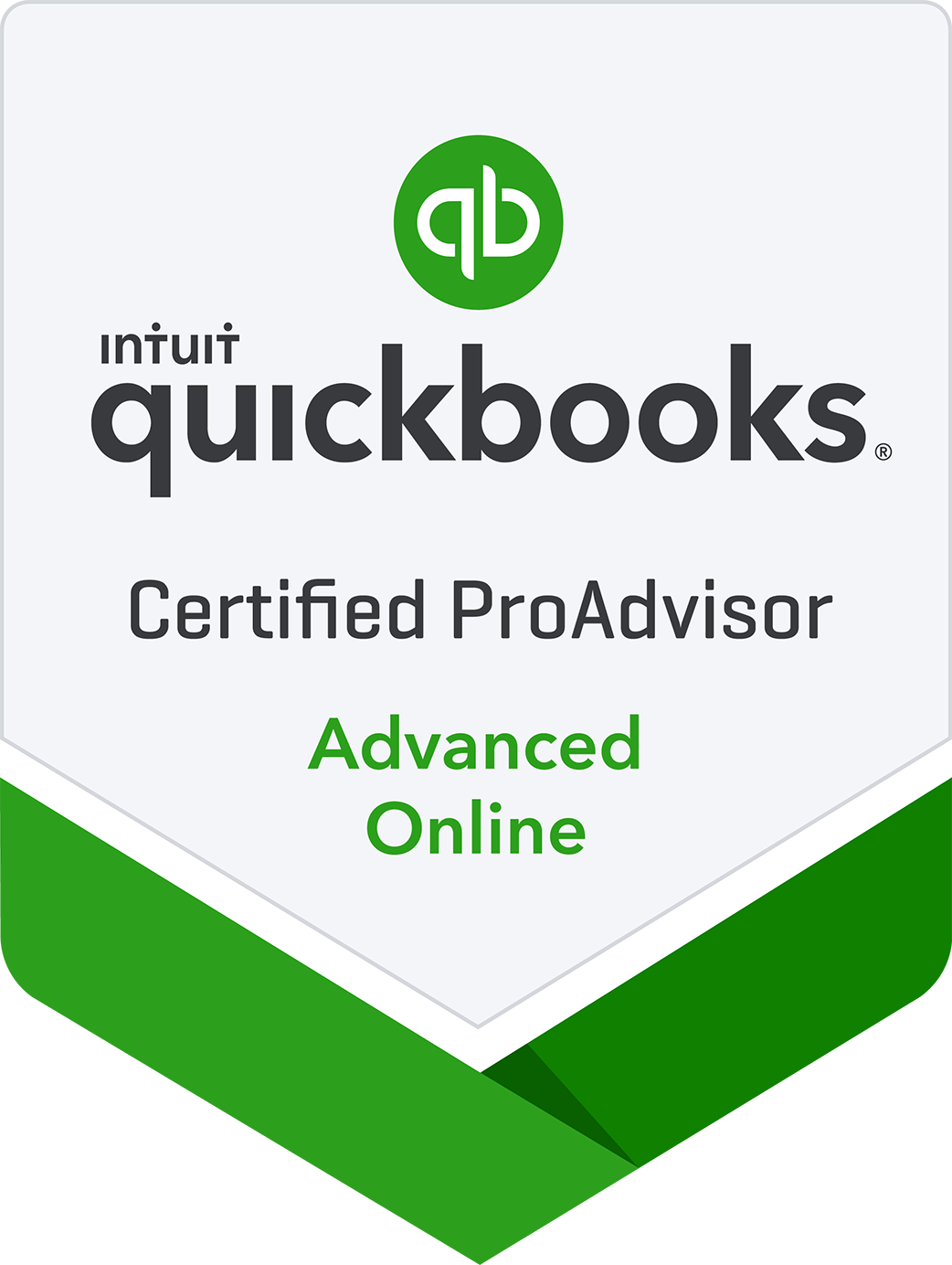Navigating Trust Accounting in Quickbooks Online : Best Practices for Short-Term Rental Managers

In the dynamic world of short-term rental management, trust accounting stands as a cornerstone of financial responsibility and legal compliance. As property managers handle deposits, rental payments, and other funds on behalf of property owners and guests, maintaining accurate and transparent trust accounting practices is paramount. In this guide, we delve into the essentials of trust accounting for short-term rental property managers, exploring key principles, best practices, and the role of technology in ensuring financial integrity.
Understanding Trust Accounting in Short-Term Rentals
Trust accounting refers to the handling of funds entrusted to a property manager on behalf of others, such as security deposits, rental payments, and maintenance fees. In the context of short-term rentals, property managers act as intermediaries between property owners and guests, holding and disbursing funds in accordance with rental agreements and legal requirements.
Key Principles of Trust Accounting for Short-Term Rentals
- Segregation of Funds: Property managers must maintain separate trust accounts to segregate funds belonging to property owners and guests from their operational accounts. This separation ensures that trust funds are kept distinct and are not used for personal or business expenses.
- Accuracy and Transparency: Trust accounting requires meticulous record-keeping and transparency in financial transactions. Property managers must maintain detailed records of deposits, withdrawals, and disbursements, providing clear documentation to property owners and guests upon request.
- Legal Compliance: Short-term rental regulations vary by jurisdiction, and property managers must ensure compliance with relevant laws and regulations governing trust accounting. This includes adhering to security deposit limits, refund timelines, and disclosure requirements.

Trust Accounting vs. Accounting for Your Business
In the realm of trust accounting, property managers operate under a fiduciary role, serving as custodians on behalf of property owners. All funds managed by property managers for property owners are deemed to be held in trust, as per the definition of a trust account. Consequently, numerous jurisdictions impose requirements regarding the management and reporting of trust accounts. However, even in the absence of state requirements, adhering to stringent accounting practices is advisable.
Best Practices for Trust Accounting in Short-Term Rentals
- Clear Rental Agreements: Establishing clear and comprehensive rental agreements is essential for defining the terms and conditions governing trust funds. Rental agreements should outline deposit amounts, refund policies, and any fees or charges associated with the rental.
- Timely Disbursements: Property managers should promptly disburse funds to property owners and guests in accordance with the terms of the rental agreement and applicable laws. Delays in refunding security deposits or rental payments can lead to dissatisfaction and potential legal disputes.
- Three-Way Trust Reconciliation: The reconciliation process integral to Vrbo trust accounting is known as the three-way trust reconciliation process. This entails three components, all of which must exhibit balanced figures during reconciliation:
- The trust ledger: A ledger documenting all trust account transactions, recorded in QuickBooks Online.
- The stakeholder ledgers: Detailed ledgers derived from the trust ledger, categorizing transactions under specific stakeholders and aggregating trust account activities associated with each stakeholder.
- The trust bank statement: A statement provided by the bank holding the trust account, offering third-party verification of transactions conducted within the trust account.
During reconciliation, the trust bank statement balance should align with both the trust ledger and the combined balance of all stakeholder ledgers, hence the term "three-way reconciliation."
Accounting for Your Property Management Business
In addition to reconciling the trust ledger and stakeholder ledgers, property managers must reconcile their company's ledgers. Property management funds, held within the trust account, are eventually disbursed from the trust bank account to the property manager's operational bank account. This aspect is covered comprehensively within our guide. There are three primary sections: Trust Account Asset, Trust Account Liability, and Property Management Revenue, each serving distinct purposes:
- Trust Account Asset: Tracks the amounts owed to the property management company from the trust account, consistently aligning with the Property Management Funds total within Trust Account Liability.
- Trust Account Liability: Functions as the trust ledger as discussed earlier.
- Property Management Revenue: Records all earnings derived by the property management company, inclusive of earnings sourced from the trust account.
Incorporating these sections into your accounting framework ensures comprehensive and accurate management of your property management business finances, encompassing both trust accounting and operational revenue.
Leveraging Technology for Trust Accounting
Technology plays a pivotal role in streamlining trust accounting processes for short-term rental property managers. Cloud-based accounting software, such as QuickBooks Online (QBO) with the help of other software integrations can provide automated importing, seamless reconcicilation to enhance accurate bookkeeping
Conclusion
Trust accounting is a fundamental aspect of short-term rental management, requiring diligence, accuracy, and transparency in financial practices. Property managers must adhere to key principles and best practices to maintain the integrity of trust accounts and foster trust with property owners and guests. By embracing technology and leveraging tools like QuickBooks Online, property managers can streamline trust accounting processes, mitigate risks, and deliver exceptional service in the competitive short-term rental market.



